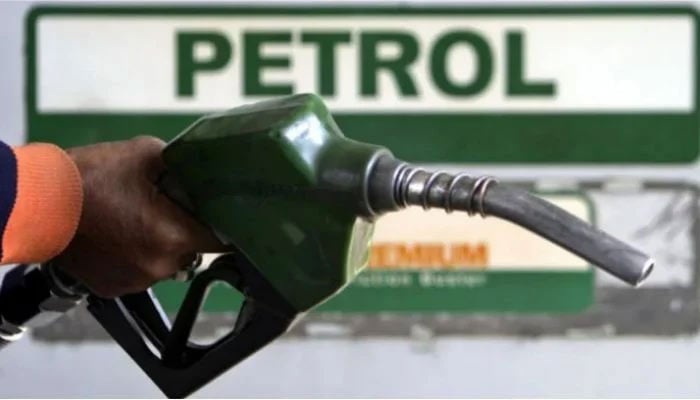
- The price of HSD is expected to rise by more than Rs 10 per litre
- Oil industry insiders say the rise in demand for HSD is unexpected.
- Sources: Average daily sales of HSD jumped to 24 thousand litres
KARACHI: The price of petroleum products is likely to rise to Rs 10 per liter in the next review in the wake of the surge in global oil prices. News reported on Saturday.
According to oil sector estimates, the price of petrol may rise by Rs 3-4 per litre, while the price of high-speed diesel is expected to rise by more than Rs 10 per litre.
The price of HSD is expected to rise by more than Rs 10 per liter in the next price revision, following a rise in global oil prices.
Demand for petroleum products, especially HSD, has risen significantly in recent days, driven by expectations of an upcoming rise in prices in the upcoming fortnightly review.
According to oil sector insiders, the increase in demand for HSD is unexpected, as there has been no significant increase in demand from the industrial or agricultural sectors.
They explained that “the rise is primarily due to merchants stockpiling petroleum products, especially HSD, in anticipation of rising prices.”
Industry experts noted that the average daily sale of HSD jumped to 24,000 litres, compared to the usual rate of 16,000-17,000 liters per day.
They rejected claims that the government’s crackdown on smuggling had contributed to an increase in legal HSD sales.
“This hoarding is mainly by oil marketing companies and traders who aim to maximize profits before the expected rise in prices,” they added.
A senior official at a refinery confirmed the recent rise in HSD sales.
“We are selling larger than usual quantities of HSD, but we are not sure if it is due to hoarding by oil marketing companies or traders ahead of the price increase,” the official said.
He added that the real demand for HSD will become clear after the price review, which will show whether the sales increase is driven by real demand or hoarding.
In recent months, the country has faced an oversupply of diesel fuel due to low consumption. Demand for HSD fell from 750,000 tons per month to just 500,000 tons, driven by several factors, including smuggling.
“With lower demand, domestic refineries can easily meet about 80% of the country’s needs,” the Oil Companies Advisory Council (OCAC) wrote in a letter to the government some time ago.
The letter opposed the government’s decision to allow a private oil marketing company to import HSD.
“There is no justification for importing large quantities of HSD, yet imports have been allowed in recent months, resulting in a serious glut and operational challenges for local refineries,” OCAC said.
